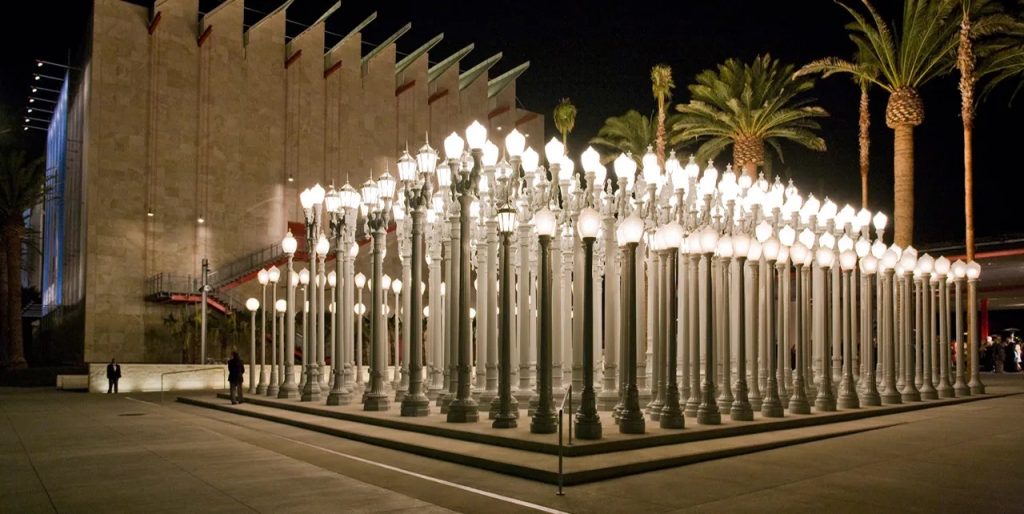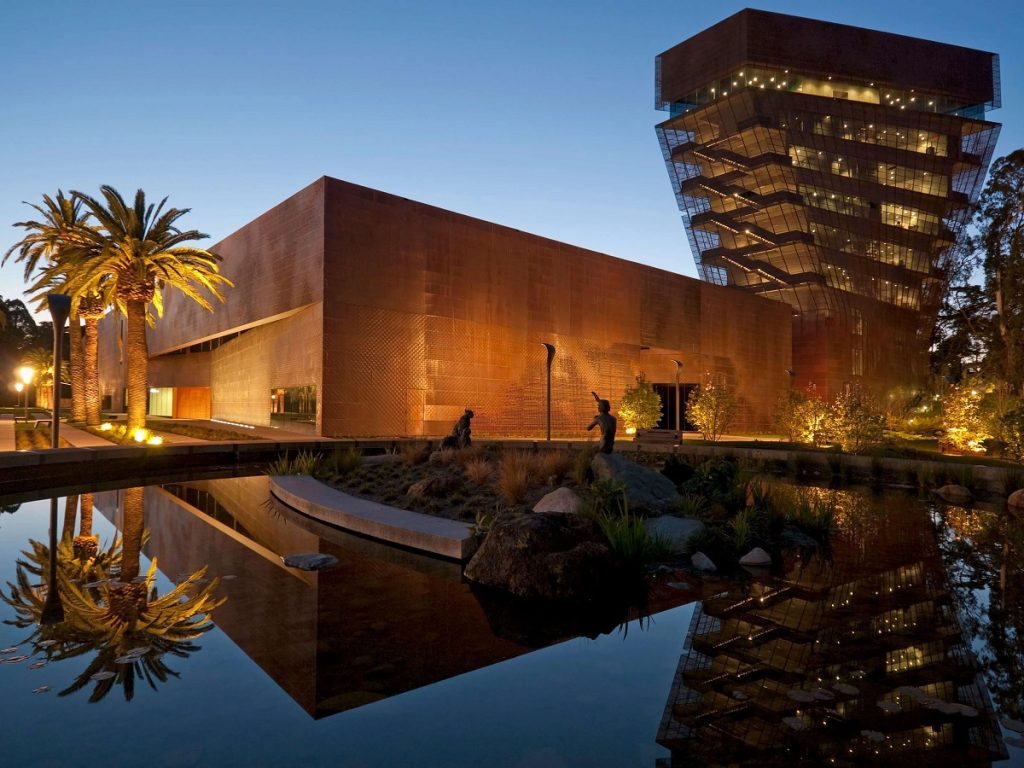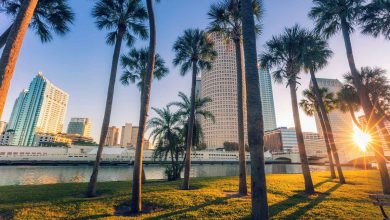Beautiful Museums in California for Arab and Muslim Communities
Explore art, history, and culture through some of California’s most welcoming and diverse museums

California is home to a vibrant cultural landscape, with world-class museums that highlight history, art, science, and global traditions. For the Arab and Muslim communities living in or visiting the state, several museums offer meaningful experiences that reflect heritage, identity, and universal values of knowledge and beauty.
1. Los Angeles County Museum of Art (LACMA) – Los Angeles
As the largest art museum in the western United States, LACMA features a remarkable collection of Islamic art, including textiles, ceramics, and calligraphy. This makes it an inspiring destination for Muslim visitors who want to explore the richness of Islamic culture alongside global masterpieces.

2. The Museum of the African Diaspora (MoAD) – San Francisco
MoAD highlights the contributions of African and diasporic communities. Since many Arab and Muslim communities share African heritage, this museum offers a powerful reminder of the deep cultural connections between identity, history, and resilience.
3. The Arab American National Museum Exhibits (Traveling) – Hosted in California
Though based in Michigan, the Arab American National Museum often collaborates with California cultural centers to showcase exhibitions celebrating Arab art, immigration stories, and community achievements. Visitors can look out for traveling exhibits in Los Angeles and San Francisco.
4. California Science Center – Los Angeles
For families, the California Science Center provides an educational and interactive experience. With values that align with Islamic traditions of seeking knowledge, this museum is a great outing for children and adults alike.
5. de Young Museum – San Francisco
This museum frequently hosts international exhibits, including Islamic art and Middle Eastern collections. Its diverse galleries make it a place where Arab and Muslim visitors can connect with both global and local cultural narratives.

A Place for Learning and Belonging
California’s museums are more than just tourist attractions; they are bridges between communities. For Arab and Muslim visitors, they provide opportunities to see their cultures represented, to learn, and to share experiences with others in a welcoming environment.



